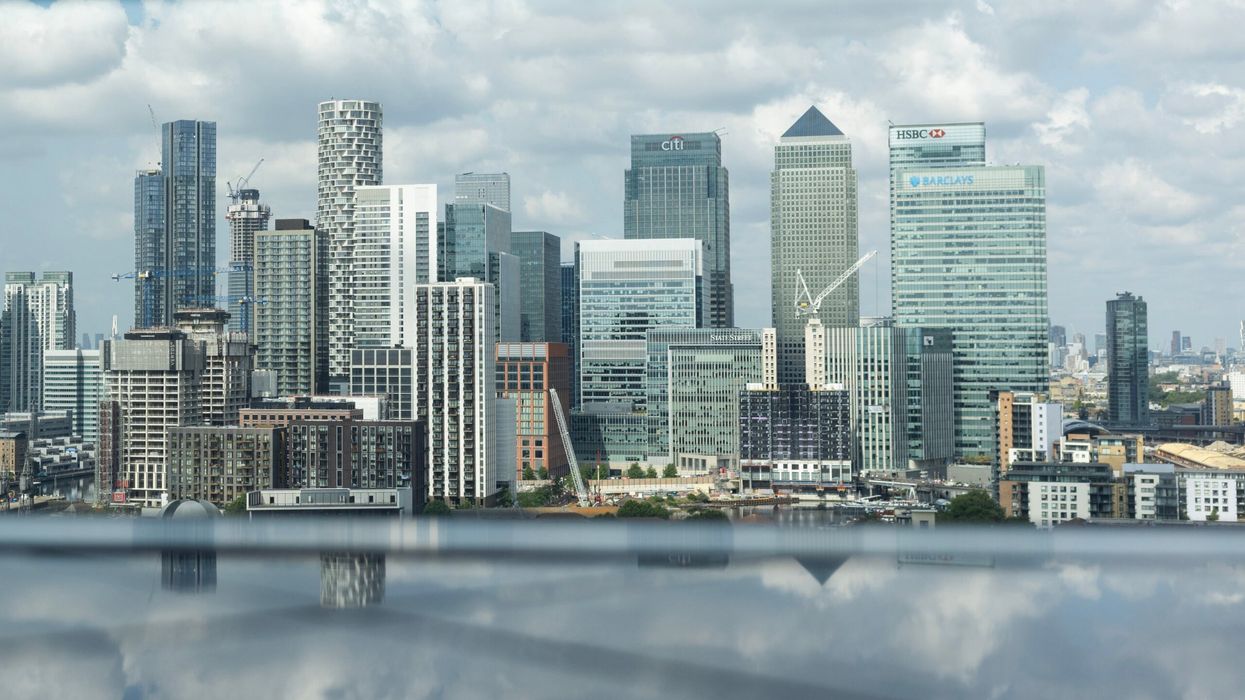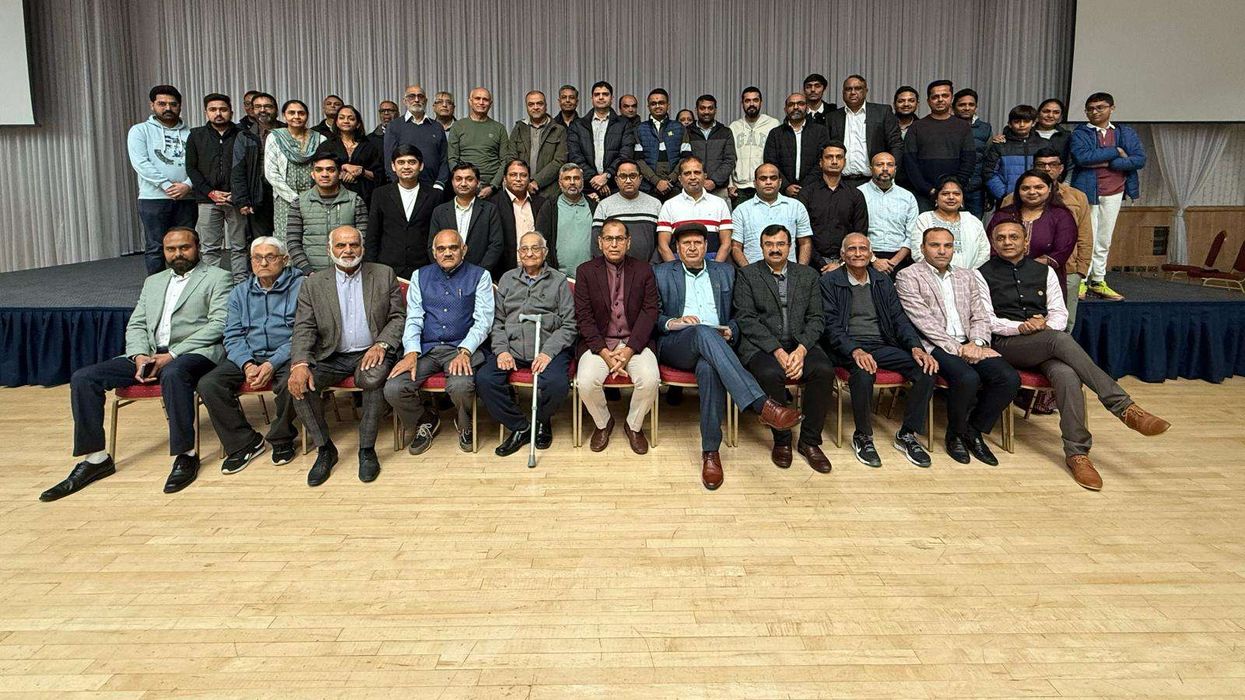INDIA’s growing economy could have a “positive” global impact, a leading British Asian businessman has said, as a report predicted the south Asian country was set to become the world’s fourth-largest economy by 2026.
According to a new report by the Centre for Economics and Business Research (CEBR) published last week, India was forecast to overtake Germany in just six years.
It was expected to surpass Japan to become the world’s third-largest economy in 2034.
Data also showed that India has decisively overtaken both France and the UK to be the world’s fifth-largest economy in 2019. Over the next 15 years, the report said India, Germany and Japan would battle for the third position.
The World Economic League Table 2020 report also claimed India was set to reach its target of gross domestic product (GDP) of $5 trillion (£3.8tr), set by prime minister Narendra Modi’s government, by 2026. The government’s current target is to reach this milestone by 2024.
Referring to the predictions, Lord Rami Ranger told Eastern Eye on Monday (30) that India’s economic growth could have a global constructive impact. “In an ever-shrinking world, the progress of any country is bound to impact the world in a positive way,” he said.
Noting India’s large population, which is currently the second-highest in the world, Lord Ranger expected more consumer products to be bought internationally as people move into the middle class. The peer also said more Indians would tend to travel, thus generating wealth, prosperity and empowerment across the globe.
The businessman, who is the founder of international marketing and distribution company Sun Mark, also believed there would be a surge in the purchase of imported goods.
“India itself is a huge market of 1.3 billion people, a magnet for foreign products,” he explained. “More and more affluent people will buy more imported products like luxury cars, designer clothes and other world-class products.”
Fellow peer and investment banker Lord Jitesh Gadhia told Eastern Eye he was “not surprised” to see forecasts showing India was set to overtake other major economies in the coming years.
“What is more important is how quickly, smoothly and inclusively this growth will occur,” he said.
However, he noted the slowdown of India’s economy in the past couple of years. The nation, which until recently was hailed as the world’s fastest-growing major economy, has seen its growth rate drop to a six-year low of 4.5 per cent in the September quarter of 2019.
This has largely been attributed to the slowdown in investment that has now broadened into consumption, driven by financial stress among rural households and weak job creation.
According to reports, the jobless rate has climbed to a 45-year high of 6.1 per cent.
Lord Gadhia has recommended that policymakers redouble their efforts in 2020 to implement “fundamental reforms”, such as education and skills, labour laws and land ownership, which drive long-term productivity.
“This will not only support the pace of growth but also make it more sustainable,” he advised.
However, Lord Gadhia believes recent high-profile disputes in India may hinder its chances of projecting a “helpful image”.
“Global investors are looking for a predictable and business-friendly environment based on clear and enforceable rules, laws and regulations. This also extends to policies that promote social cohesion and harmony,” he said.
“The recent protests related to the Citizenship Act – whatever their merits – have not helped in projecting a helpful image for India around the world.
“I hope that India can turn a page in the new year and fulfill Narendra Modi’s famous election pledge: sabka sath, sabka vikas, sabka vishwas, meaning everyone’s support, everyone’s development and everyone’s trust. This is the best way to secure India’s long term prosperity.”
However, some analysts have cast doubts on the predicted targets. Recently, former Reserve Bank of India governor C Rangarajan, said at the current growth rate, reaching the $5-trillion GDP target by 2024-25 was “simply out of question”.
Despite the rapid ascent of countries such as India and Indonesia, it is striking how little an impact this would have on the US and China’s dominant roles in the global economy, said Pablo Shah, senior economist at CEBR.
Noting that Indian data revisions meant that 2019 was the year when the country’s economy finally overtook the UK and France, the CEBR report said, “But slow growth during the year has increased pressure for more radical economic reforms.”
The World Economic League Table is an annual calculation by CEBR that is jointly published by Cebr and Global Construction Perspectives. The base data for 2019 is taken from the IMF World Economic Outlook.
The Confederation of British Industry (CBI) was unavailable for comment about the report.
(With PTI)












